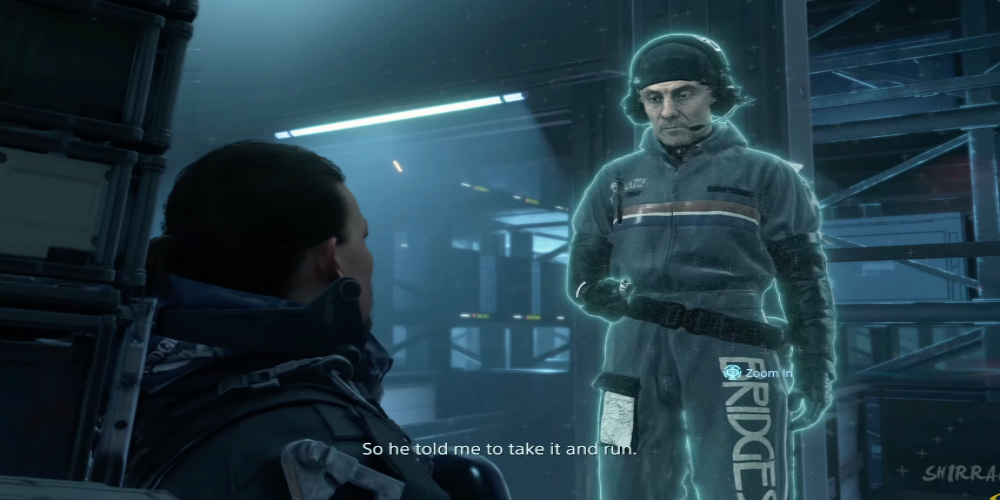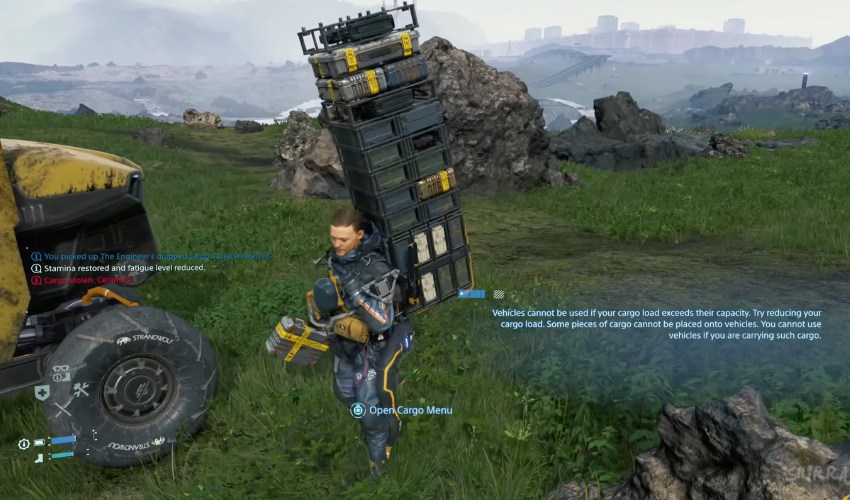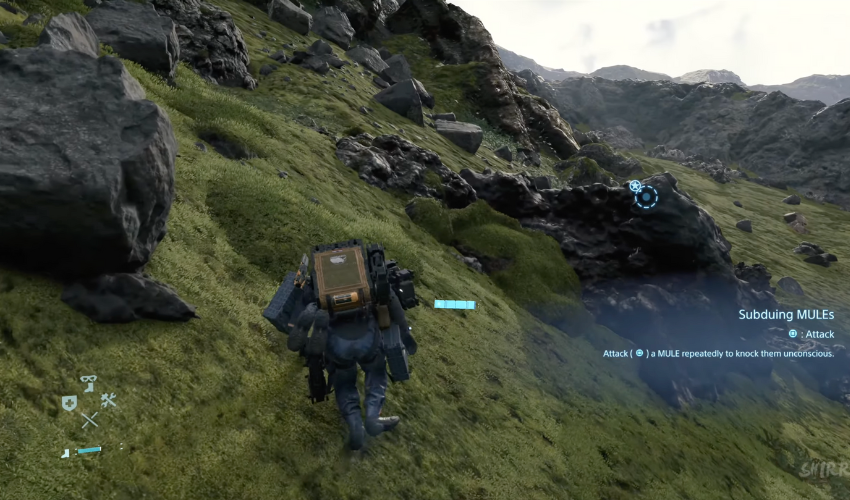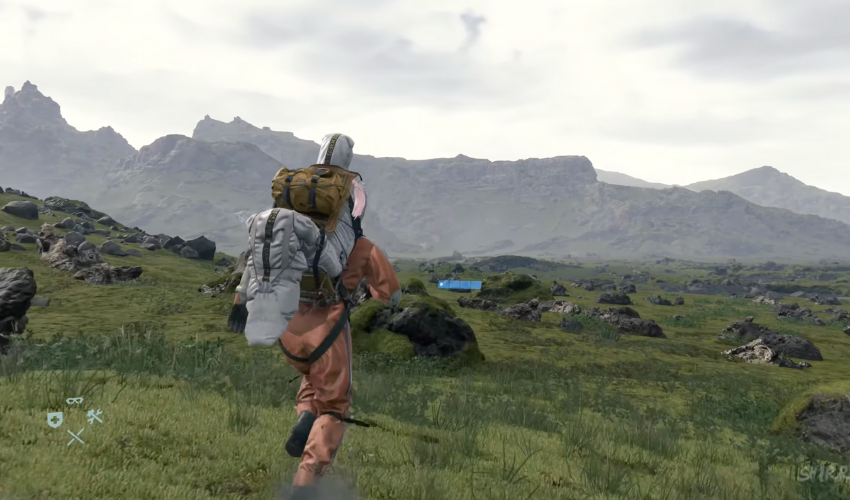The Intricacies of Social Bonds in Death Stranding
- 142

In the video game realm, where action and adventure often reign supreme, Death Stranding emerges as a beacon of novelty, weaving a narrative that dives deep into the essence of human connections and the invisible threads that bind society. Developed by Kojima Productions and directed by Hideo Kojima, the game stands out for its unique gameplay mechanics, narrative depth, and the intricate social bonds it explores. This analysis delves into the multifaceted layers of social connections in Death Stranding, revealing how these bonds transcend mere game mechanics to touch upon profound philosophical questions about human nature and the society we inhabit.
The Foundation of Social Strands
At its core, Death Stranding is built upon the concept of the "Strand," a term that metaphorically and literally represents the connections between people, places, and things. The protagonist, Sam Porter Bridges, embodies the journey of reconnecting a fractured world, undertaking the monumental task of bridging isolated communities and re-establishing communication networks. The game's very setting, a post-apocalyptic landscape marked by the mysterious phenomenon known as the Death Stranding, serves as a poignant backdrop for exploring the significance and complexity of social bonds.
Players navigate treacherous terrains, facing both environmental challenges and otherworldly adversaries, to deliver supplies and connect disparate outposts to the Chiral Network. This network functions as a digital representation of the game's overarching theme: the web of social connections that binds humanity. As Sam extends the network, players gain access to shared resources, knowledge, and assistance from others, highlighting the game’s emphasis on cooperation and collective effort.
Strands of Connection: Building Bridges Between Players

One of Death Stranding's most innovative features is its "asynchronous multiplayer" aspect, where players can impact each other’s worlds without direct interaction. This manifests in the form of structures, signs, and helpful items left in the game's environment. When a player constructs a bridge, lays down a ladder, or leaves markers warning of dangers ahead, these actions can appear in the games of others, facilitating their journey. This system embodies the implicit social bonds within the game’s community, encouraging players to think beyond their individual experience towards a collective endeavor.
The game ingenuity rewards players for these acts of kindness and cooperation through "Likes," a currency that mirrors the social media dynamics of approval and affirmation. However, unlike the often superficial interactions in social media, Death Stranding applies this concept to incentivize meaningful collaboration, enhancing the sense of a shared purpose and connection among its players.
The Philosophy of Connection and Isolation
Hideo Kojima has not shied away from imbuing Death Stranding with rich philosophical underpinnings, particularly concerning the themes of connection and isolation. The game prompts reflection on the human condition in the modern world, where technology both unites and divides. Through Sam’s journey, players engage with the irony of technological advancements: as we have grown more connected than ever before, we also face unprecedented levels of isolation and loneliness.
The portrayal of the UCA (United Cities of America) and its inhabitants underscores a society desperate to rebuild and reconnect, yet fearful of the vulnerabilities that such connections bring. This duality mirrors contemporary concerns about privacy, surveillance, and the loss of individuality in the age of digital networks. The Chiral Network, while a tool for unity, also serves as a metaphor for the internet, raising questions about the trade-offs between connectivity and autonomy.
Characters and Their Bonds

The narrative of Death Stranding is populated with characters that embody various facets of social connections. Each character that Sam encounters on his journey presents a unique perspective on isolation, survival, and the human need for connection. From Fragile, a courier grappling with her past and striving for redemption, to Heartman, who lives in a cycle of death and revival to research the Death Stranding, the game uses its characters to deepen our understanding of its central themes.
Furthermore, the complex relationship between Sam and BB (Bridge Baby), a premature baby used as a tool to detect invisible enemies, evolves into a poignant exploration of familial bonds and the instinctual human drive to protect and nurture. This dynamic not only serves to further the plot but also enriches the emotional depth of Death Stranding, inviting players to contemplate the nature of the bonds that define us.
Emergent Narratives of Cooperation
A fascinating aspect of Death Stranding is how players' actions contribute to emergent narratives of cooperation and altruism within its community. Stories of players coming together to pave roads, construct shelters, or share resources have become a testament to the game's ability to inspire collective efforts. These emergent narratives extend beyond the confines of the game, creating a shared experience that resonates with themes of hope, resilience, and the indomitable spirit of human collaboration.
The game doesn’t just stop at promoting cooperation; it also subtly addresses the consequences of competition and self-interest. In regions where resources are scarce or obstacles are more daunting, the lack of player-built structures and collaborative efforts becomes more noticeable. This scarcity not only impacts gameplay but also reinforces the thematic contrast between the benefits of building connections and the perils of isolation.
Conclusion: A Tapestry Woven With Social Strands

Death Stranding stands as a monumental work in the realm of video games, not merely for its innovative gameplay or captivating story, but for its profound exploration of social bonds. It challenges players to reflect on the nature of connection in an increasingly fragmented world and the essential role of cooperation in confronting the trials of existence.
The game is a bold statement on the power of human connections, serving as both a mirror to our present condition and a beacon of hope for a more united future. Through its complex narrative, philosophical underpinnings, and unique gameplay mechanics, Death Stranding weaves a tapestry of human experience that is as intricate as it is beautiful, reminding us that in the fabric of society, we are all intricately linked, for better or for worse.
In conclusion, Death Stranding transcends the conventional boundaries of video gaming to offer a deeply reflective experience on social bonds. It's a unique blend of gameplay, narrative, and philosophy, encouraging players to ponder the fundamental strands that connect us all. As we navigate the landscapes of both the game and our lives, Death Stranding serves as a profound meditation on the essential yet complex nature of human connection in a world that often celebrates division over unity.